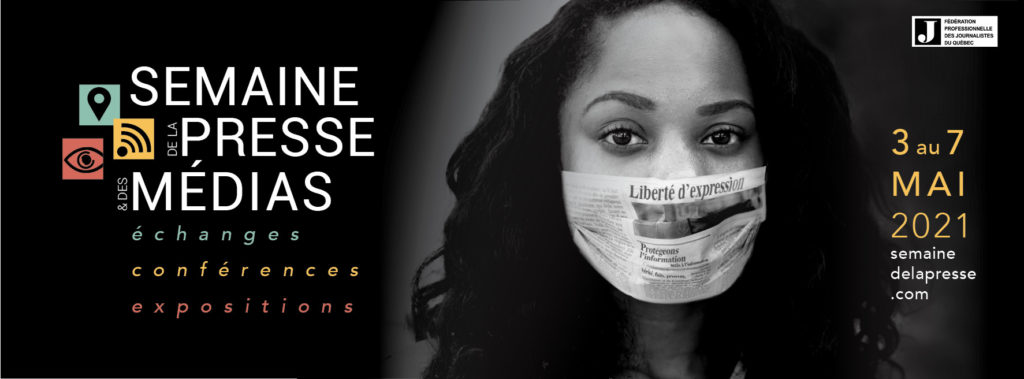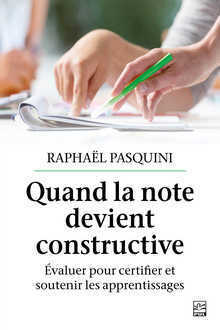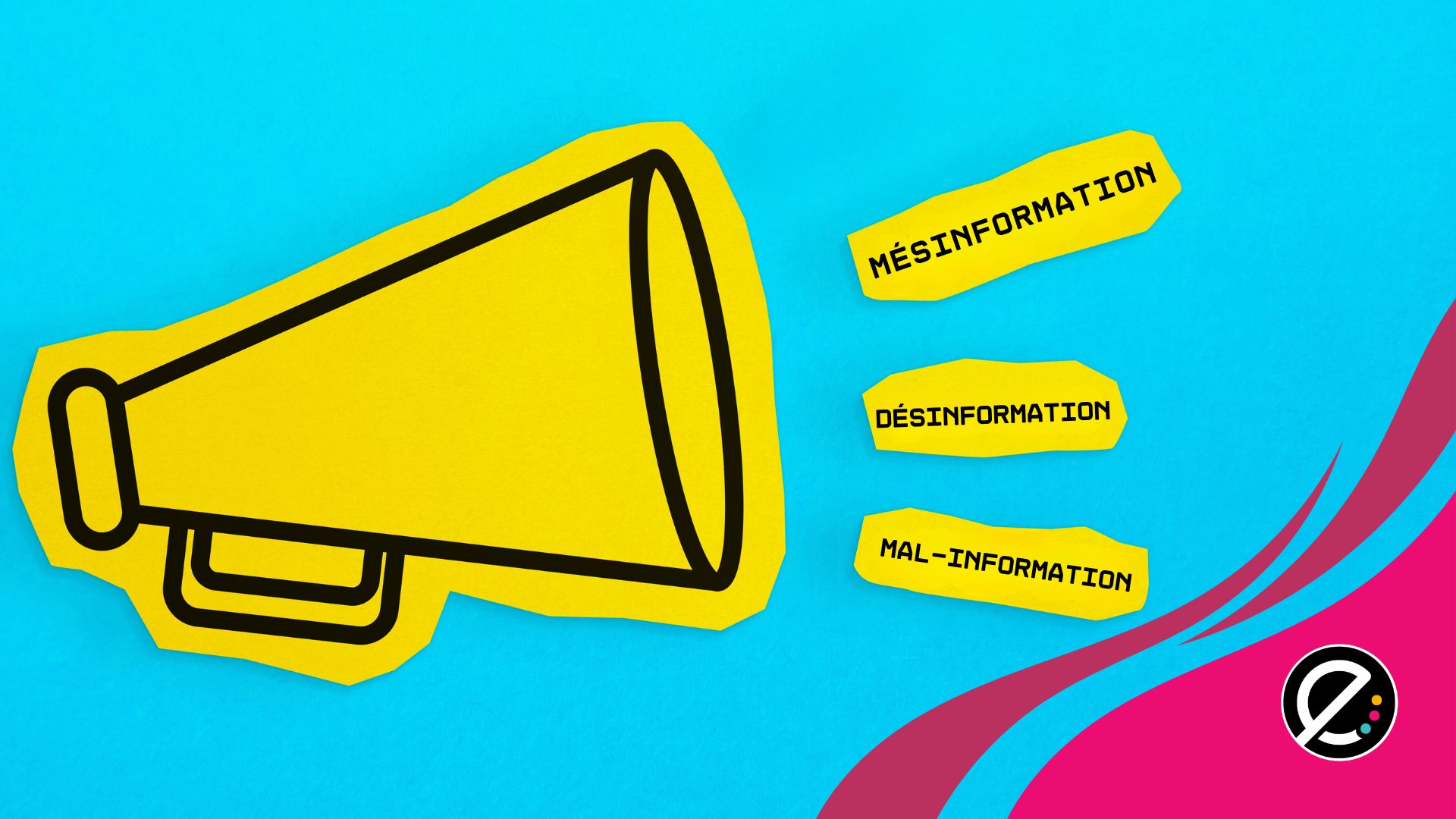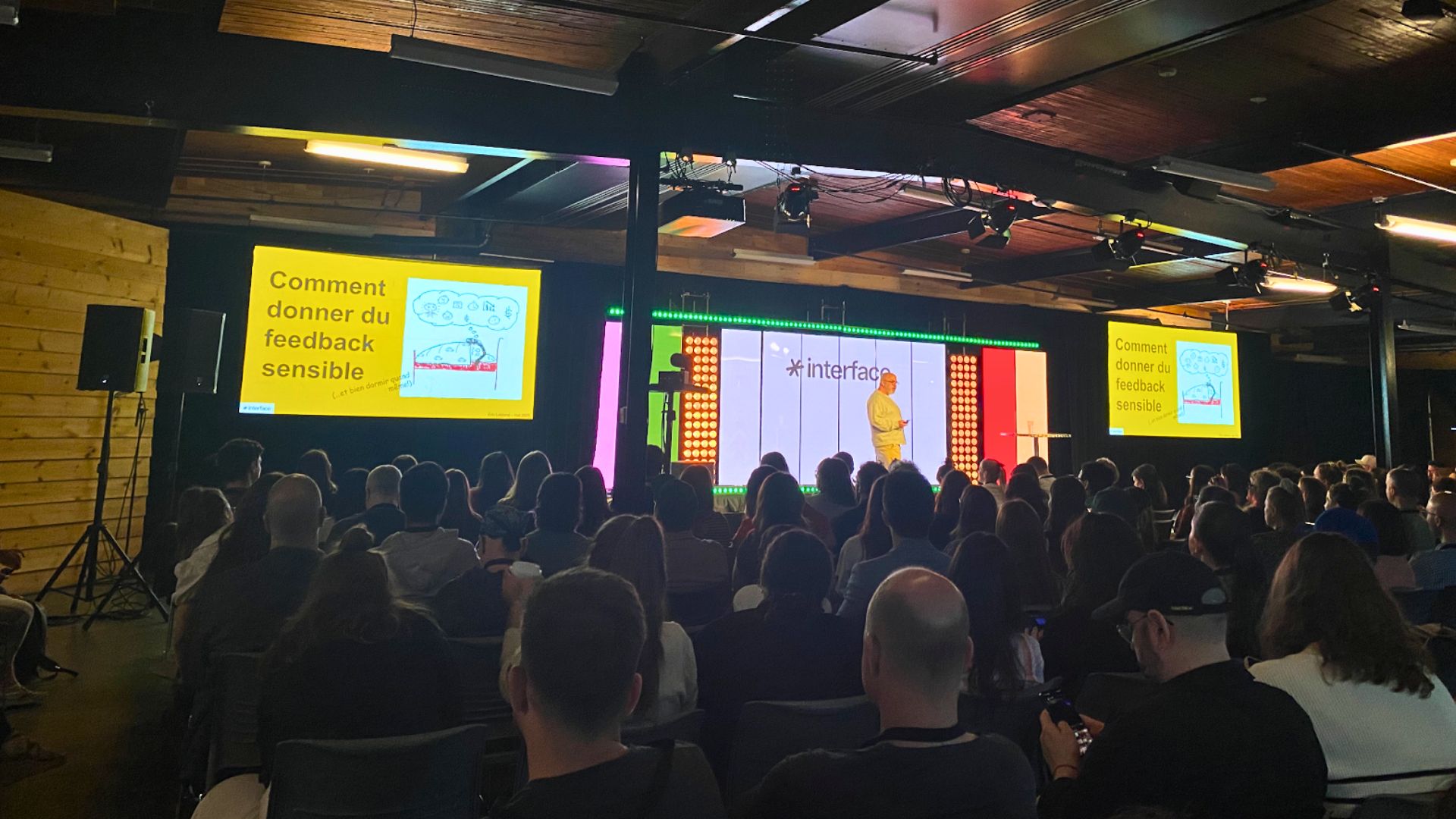
Il se passe bien des choses dans le monde scolaire ces temps-ci. Encore une fois, tout le monde est sur le pied d’alerte, alors que plusieurs écoles doivent poursuivre l’enseignement à distance. L’équipe de l’École branchée continue de scruter le Web à la recherche de ressources pertinentes qui peuvent être utiles en ligne ou en classe. Voici nos trouvailles de la semaine dans cette édition des #Édubrèves.
Attention, l’usage de GIF animés dans ce condensé de nouvelles brèves est à des fins de divertissement seulement!
Des nouvelles de Genially
Deux nouvelles ont retenu notre attention cette semaine au sujet de Genially :
- Du 12 au 16 avril, se tiennent les premiers Genially Games, une série de webinaires, de tables rondes et d’autres activités sur la ludification. Rendez-vous sur le site pour voir la programmation et participer.
- L’éditeur scolaire Hatier/Foucher et Genially s’associent pour rendre disponible des ressources Genially créées par et pour les enseignants. Il s’agit d’un espace collaboratif qui sera enrichi par les créations des auteurs Hatier. Tous les enseignants sont aussi invités à y contribuer.
Éducation aux médias
La Semaine de la presse et des médias se tiendra du 3 au 7 mai. À l’ère des fausses nouvelles, la Fédération professionnelle des journalistes du Québec (FPJQ) souhaite rétablir le lien de confiance entre les citoyens et les journalistes, par le biais d’une foule d’activités organisées pour les jeunes et les moins jeunes.
La programmation pour le volet école sera bientôt disponible. En attendant, consultez le magazine Pour ton info, destiné aux jeunes du primaire et du premier cycle du secondaire, qui explique ce qu’est le journalisme.

En français svp!
Le Dictionnaire des francophones (DDF) est un ouvrage numérique et collaboratif d’un genre nouveau, qui dégage le véritable « français commun » de toute la francophonie. Il a été mis en ligne pendant la Semaine de la langue française et de la Francophonie et tous peuvent y contribuer afin de démontrer la diversité du français dans le monde.
« Le DDF est en fait le contraire d’un dictionnaire standard. Ça reflète la modernité du français mondial », explique le linguiste Bernard Cerquiglini, qui préside le comité scientifique du DDF.
Jean-Benoît Nadeau le présente dans L’actualité. Ça pourrait vous inspirer quelques projets de classe.
Évaluer autrement
Une note constructive avant tout
Un nouvel ouvrage vient de paraître aux Presses de l’Université Laval : Quand la note devient constructive. Évaluer pour certifier et soutenir les apprentissages
Dans cet ouvrage, l’auteur Raphaël Pasquini montre qu’à certaines conditions, il est possible d’élaborer une note référant à l’apprentissage, qui soit constructive et à haute valeur informative. La note devient alors le résultat d’un raisonnement plutôt qu’un simple chiffre. Il devient alors possible de l’utiliser pour présenter à l’élève ses points forts et ses points faibles.
L’auteur présente son livre dans cet entretien. Avec les notes constructives, il fait valoir que les élèves réalisent qu’« il y a une vie après note! ». Elle sert alors de point de départ pour s’améliorer.

Des pistes pour évaluer autrement
Au moyen du numérique, on peut mettre en place des façons de faire pour évaluer autrement :
- des pratiques d’évaluation authentiques qui tirent profit des traces numériques;
- des modalités d’évaluation qui fournissent à l’élève davantage de rétroactions sur ses travaux, qu’ils soient individuels ou de groupe.
Des exemples et des pistes concrètes sont présentés dans ce texte de Sophie Nadeau-Tremblay et de Manon Lebel de l’École en réseau, publié sur le site du RIRE.
Stratégie de gestion des conflits
Tanné de gérer des chicanes ? Faites-en un jeu !
Avec l’activité « Entre nous », les élèves du primaire pourront développer des stratégies de gestion de conflits mais sous forme de jeu de style loup-garou/among us !
Cette toute nouvelle activité d’apprentissage du service national du RÉCIT du développement de la personne propose de faire réfléchir les élèves sur les comportements qui favorisent la vie de groupe. Les élèves pourront y développer des stratégies pour réagir en situation de conflit et réfléchir sur les comportements acceptables ou non.
Éducation à la sexualité
Inclusion de la diversité sexuelle et de genre en milieu scolaire
Laurence Rouleau, stagiaire au service national du RÉCIT du développement de la personne, a récemment offert une formation sur l’inclusion de la diversité sexuelle et de genre en milieu scolaire. L’intention était d’améliorer ses connaissances quant à la diversité sexuelle et de genre, puis de réfléchir à sa pratique afin d’être plus inclusif / inclusive de la diversité sexuelle et de genre lors de ses interventions. La présentation est disponible en ligne.
Comprendre le programme d’éducation à la sexualité de nos enfants au primaire
Un article où la sexologue Louise Groleau répond aux questions que bien des parents se posent et défait certains mythes en lien avec le programme d’éducation à la sexualité chez les élèves du primaire.
Et en terminant… on garde le moral!

On se retrouve bientôt! N’hésitez pas d’ici là à nous « tagguer » (en bon français…) sur Twitter (@millaudrey ou @riomarti) pour que nous parlions de votre projet/ressource dans une prochaine revue de la semaine! Passez une excellente fin de semaine!
















